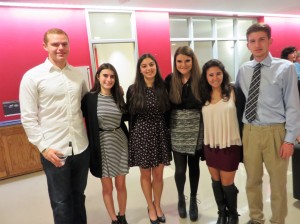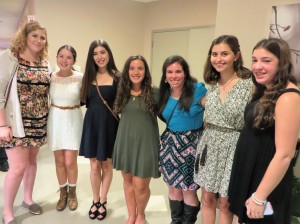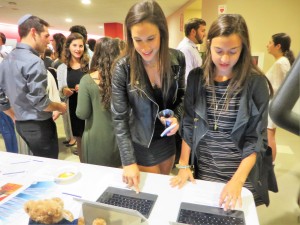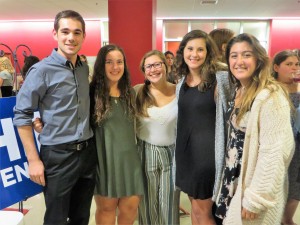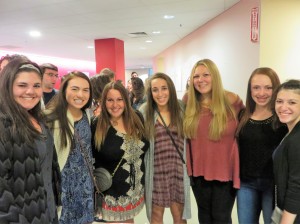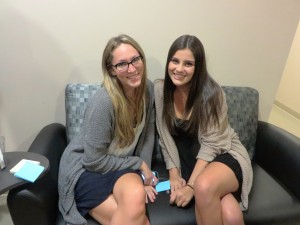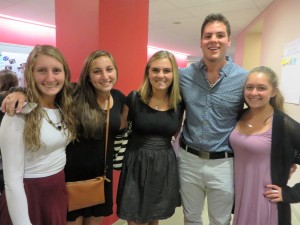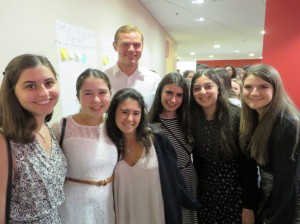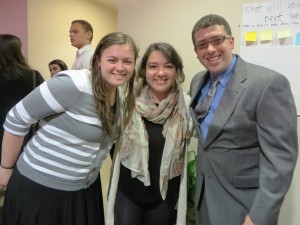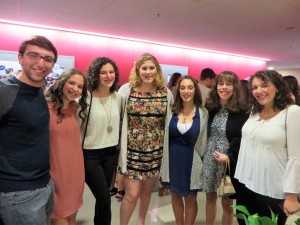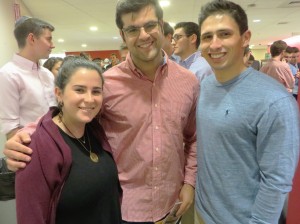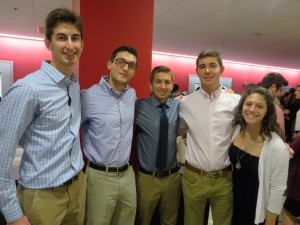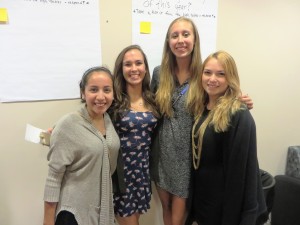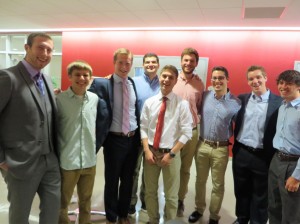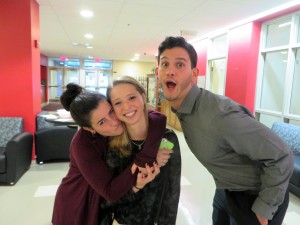Rosh Hashanah – 5776
Erev Rosh Hashanah Sermon By: Penn State Hillel’s Executive Director, Aaron Kaufman
“College is an amazing experience. Your whole life is ahead of you. You’re away from your parents for the first time, exploring academic possibilities, career possibilities, relationship possibilities… It’s a time of self-discovery, of figuring out not just what you want to do with your life, but also the kind of person you want to become. What’ll shape your identity while you’re at Penn State? Who’ll have an impact on you? Which experiences will resonate with you? It could be a professor, a student organization you get involved with, or even a friendly game of beer pong. It could also be a Jewish experience. But unfortunately, many students today have a lot of baggage associated with Jewish identity. You might think of the Hebrew School classes you were forced to go to, your parents telling you a dozen times to check out Hillel, or perhaps you just feel you “did that Jewish thing” in high school and are ready for something different. But what is that Jewish thing? Is it going to services? Keeping kosher? Believing in God? Or is it the foods we eat? The jokes we tell? Is there one overarching definition of Jewish identity that applies to all of us? The days between Rosh HaShanah and Yom Kippur are a time of t’shuvah—of turning. Our tradition sets this time aside for us to turn toward God, toward each other, and to turn inward as well. As we think about Jewish identity, about our own identities, it’s crucial to remember that there is no wrong answer. I’ve heard far too many people say, “I’m a bad Jew”—perhaps because they haven’t been to services in years, because they didn’t fast on Yom Kippur, or maybe because they don’t understand Hebrew. The point is that they don’t connect to the traditions they were taught, and as a result, on some level, often think of themselves as “less Jewish.” Nothing could be farther from the truth. I have two Jewish memories from college that really stand out. One is meeting my wife at Hillel (and I’d hear about it later if I didn’t put that as #1…). The other was on Yom Kippur my senior year—I got together with a group of friends, and we made our own break fast in a cramped basement kitchen. None of us went to services. The break fast had nothing to do with Yom Kippur liturgy or with religious rituals. No one even fasted. But it was one of the most meaningful Jewish experiences of my life. Together we created a community that was far more significant than anything I found either growing up or in my own Hillel experience. Whether you understand the days between Rosh HaShanah and Yom Kippur to be your opportunity to be inscribed in the Book of Life, a time of repentance, a time of introspection, or just a time before mid terms and papers really start piling up, take a moment to think about your Jewish identity. About how you understand yourself as a Jew. And next year, do the same thing. Over time, even if you do this only once a year, you’ll find that your relationship to Judaism will change. Nelson Mandela once said that there’s nothing like returning to a place that’s remained unchanged to find the ways in which you yourself have altered. Judaism will always be here for us, even though the ways we connect to it will change. The most important thing to remember is to give yourself the freedom to let the process unfold. And don’t judge yourself. We won’t. Shana Tova.”
Pictures – Rosh Hashanah 5776
